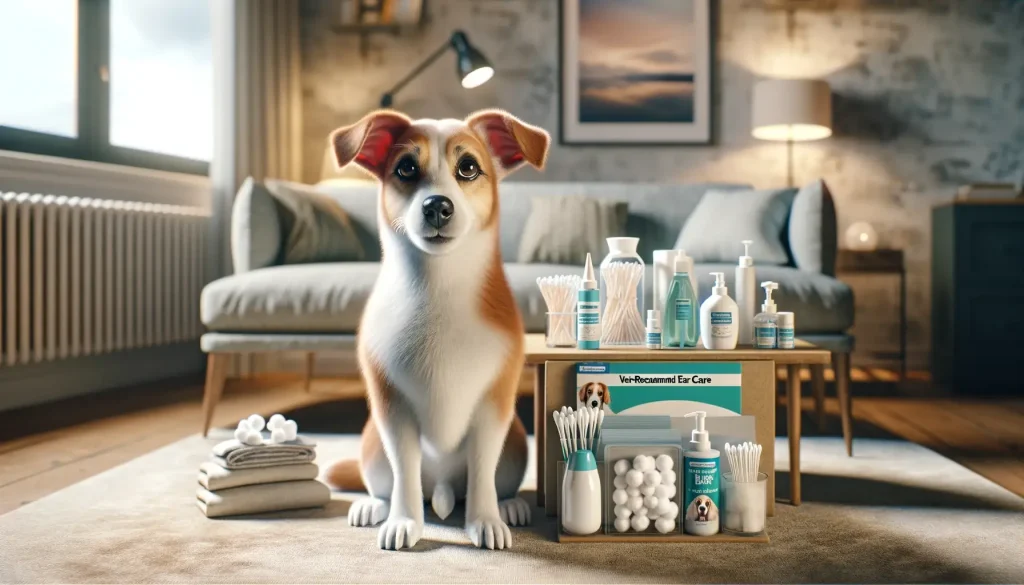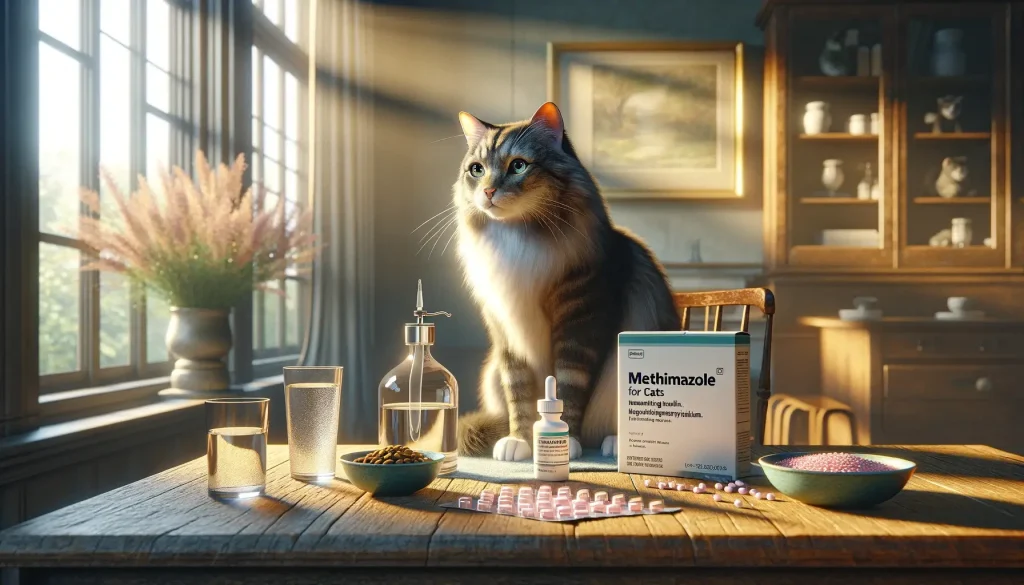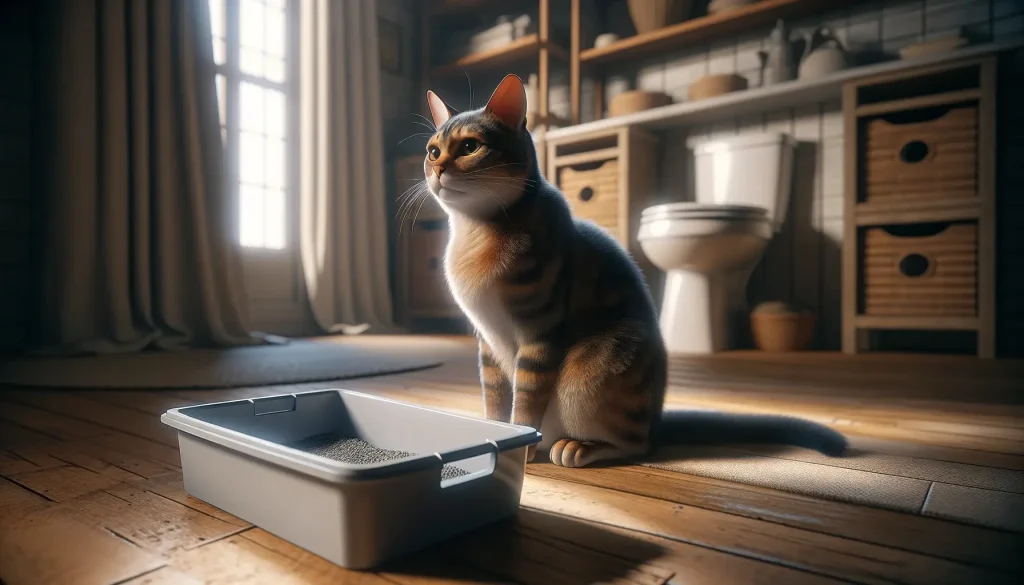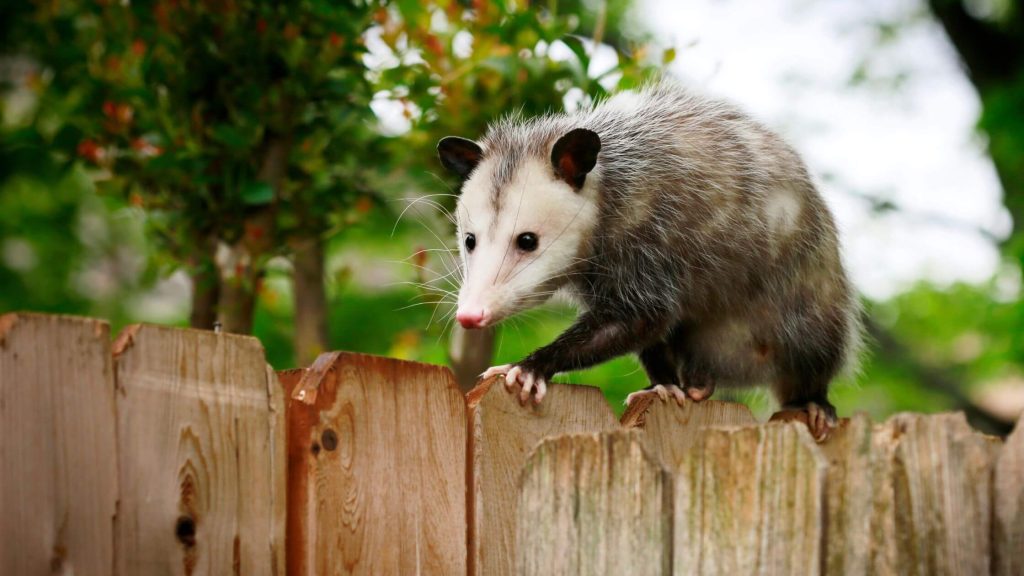
Opossum, An Unusual Pet Choice
Opossums, often simply referred to as ‘possums’ in North America, are marsupials known for their unique appearance and nocturnal habits. These creatures, with their pointed snouts, gray fur, and infamous ‘playing dead’ defense mechanism, have captured the curiosity of many. But there’s much more to opossums than meets the eye. From their immunity to certain snake venoms to their role in controlling tick populations, opossums are fascinating animals.
In recent years, there’s been a noticeable shift in pet ownership trends. While dogs and cats remain the quintessential companions, a growing number of people are exploring the world of exotic pets. Opossums, with their distinct characteristics, have entered the spotlight in this exotic pet trend. Social media platforms are abuzz with videos and images of pet opossums, showcasing their quirky behaviors and interactions with humans. This surge in popularity begs the question: what is it about opossums that is drawing more people to consider them as unconventional pets?
One such trait is their fur. The fur of an opossum is not just aesthetically interesting; it serves various practical functions that are crucial to their survival and well-being.
Fur Facts: The Unique Coat of an Opossum
The fur of an opossum is not just for show; it serves several important functions:
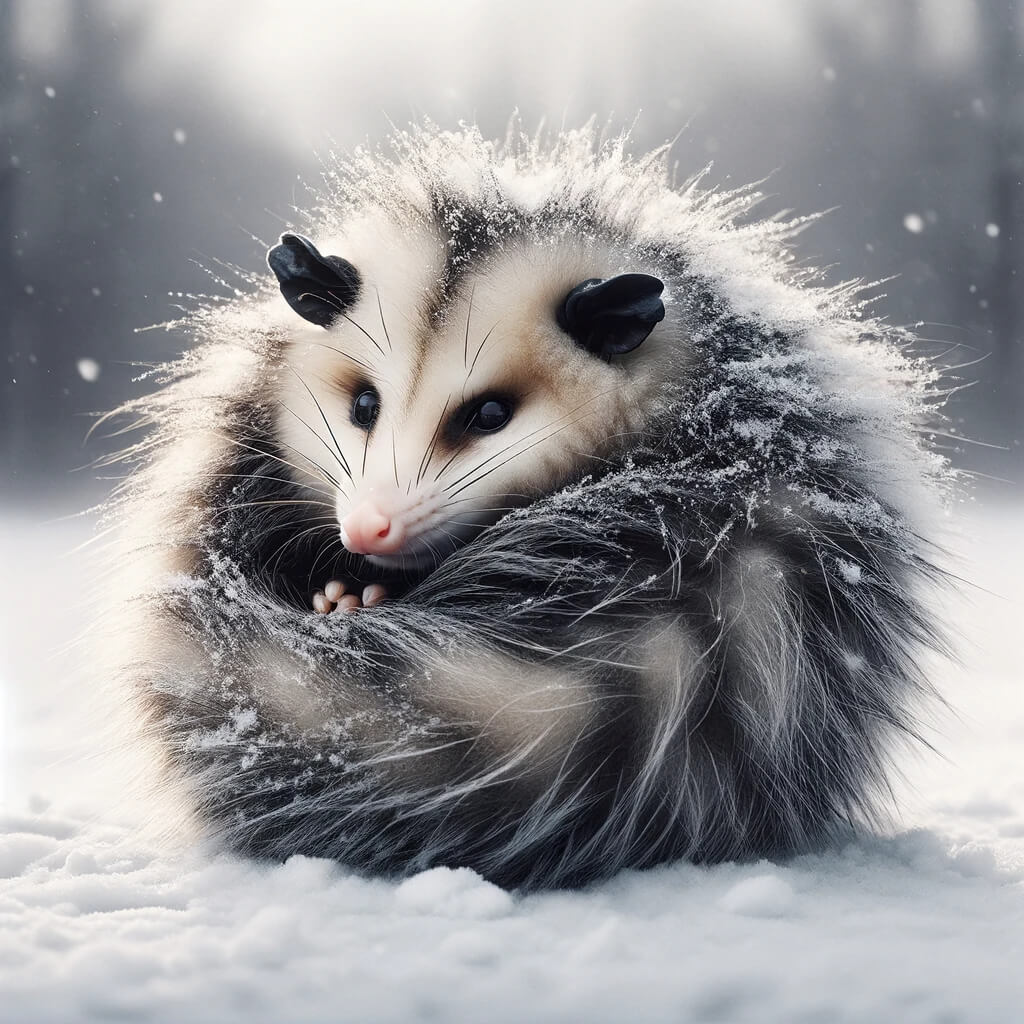
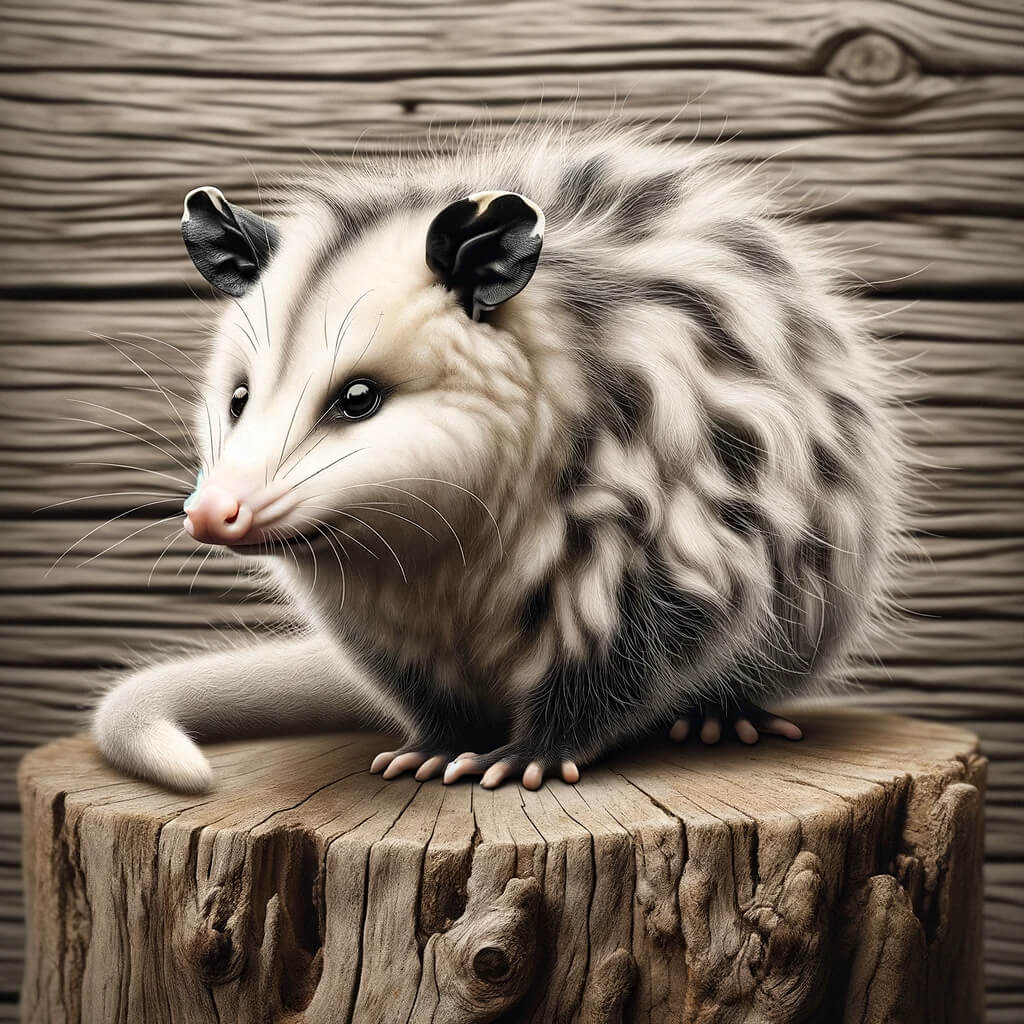
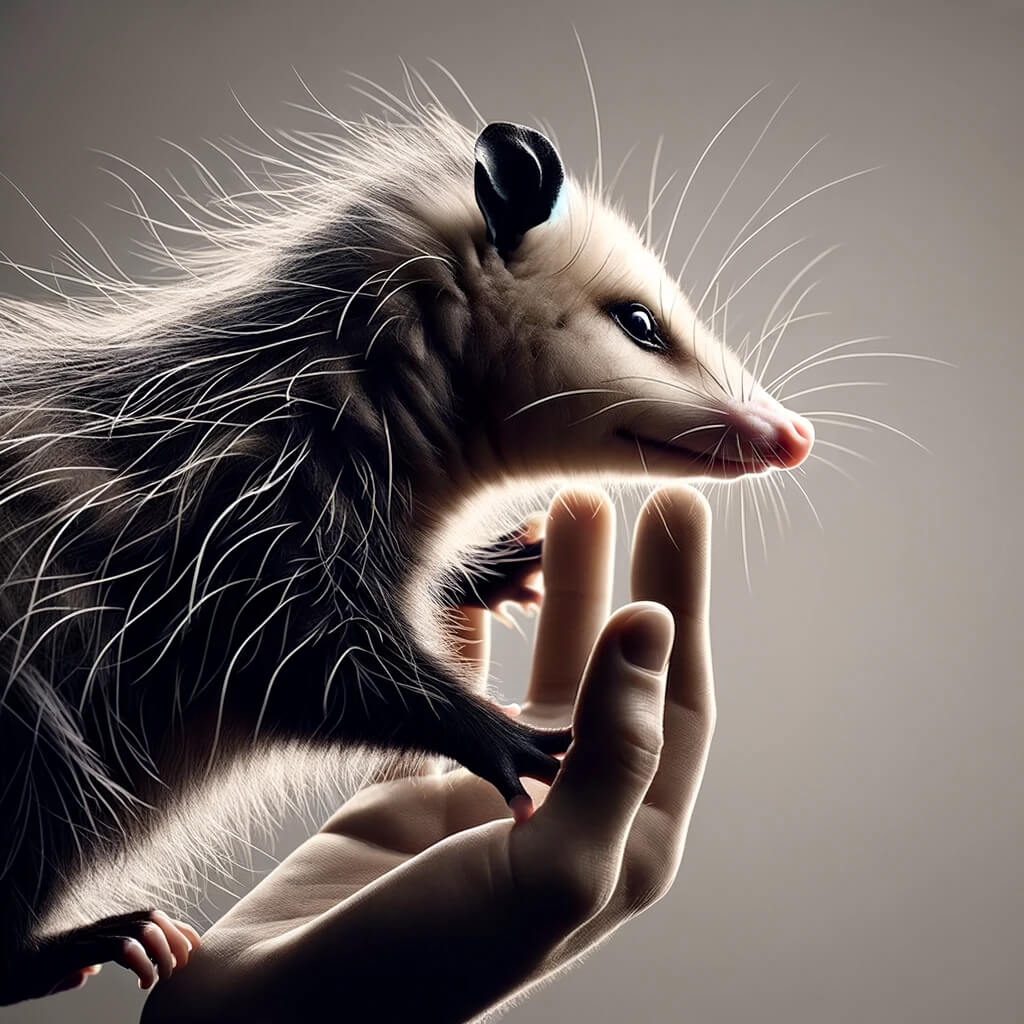
Evaluating Opossums as Domesticated Pets
Do Opossums Make Good Pets?
When considering opossums as pets, it’s helpful to look at the pros and cons.
| Pros of Owning a Pet Opossum | Cons of Owning a Pet Opossum |
|---|---|
| Low Maintenance Grooming: Opossums are adept at keeping themselves clean, requiring less grooming than many other pets. | Short Lifespan: Opossums generally live only 3-4 years, which can be emotionally challenging for owners. |
| Unique and Fascinating: Opossums are interesting animals with unique behaviors and traits, offering an unusual pet experience. | Nocturnal Nature: Being active mostly at night, opossums may not fit well with typical human schedules. |
| Omnivorous Diet: Their varied diet can make feeding simpler compared to pets with more specialized dietary needs. | Wild Instincts: They retain many wild traits and may never be as tame or affectionate as domesticated animals. |
| Pest Control: Opossums can help control pests like ticks and small rodents. | Specialized Care: They require a specific environment and diet that may not be easy for every pet owner to provide. |
Legal and Ethical Considerations for Opossum Ownership
Can You Legally Own an Opossum?
Owning an opossum as a pet isn’t as straightforward as adopting a cat or dog. Legal restrictions vary significantly across different regions. In some areas, it’s entirely legal to keep opossums as pets, while in others, it’s prohibited or requires specific permits. For example, certain states in the U.S. have stringent wildlife laws that classify opossums as protected species, making it illegal to own them without a wildlife rehabilitation license. The key for potential opossum owners is to thoroughly research and understand the wildlife laws in their area. This not only ensures compliance with local regulations but also helps in promoting responsible pet ownership.
To determine whether you can legally own an opossum in a particular state, you would need to:
- Check State Wildlife or Natural Resources Agencies: Each state has its own agency that regulates wildlife. They can provide information on which animals are legal to own and under what conditions.
- Local Ordinances and Zoning Laws: In addition to state laws, local ordinances and zoning regulations in your city or county may have further restrictions on pet ownership.
- Permits and Licenses: Some states may allow the ownership of opossums but require a special permit or license, particularly if the animal is native to the region.
- Consult with Wildlife Experts: Veterinarians, wildlife rehabilitators, or academic experts can often provide guidance or direct you to the appropriate legal resources.
Here is a list of websites for state wildlife agencies where you can get specific information for each state:
- Alabama: Alabama Department of Conservation and Natural Resources
- Alaska: Alaska Department of Fish and Game
- Arizona: Arizona Game and Fish Department
- Arkansas: Arkansas Game and Fish Commission
- California: California Department of Fish and Wildlife
- Colorado: Colorado Parks and Wildlife
You can find a complete list of state wildlife agencies on Wikipedia and Wildlife for All.
Is it Ethical to Keep Opossums as Pets
The debate on the ethics of keeping wild animals like opossums as pets is complex and multifaceted. Unlike domesticated animals that have evolved alongside humans for thousands of years, wild animals have different needs and instincts. Opossums, for instance, are solitary and nocturnal creatures with specific dietary and environmental needs. Prospective owners should consider whether they can provide an environment that meets these needs and respects the natural behaviors of the animal. Furthermore, there’s a moral question regarding the removal of these animals from their natural habitat, either directly or through breeding for the pet trade. Ethical pet ownership involves considering the animal’s welfare and ensuring that their life in captivity is as enriching and stress-free as possible.
Understanding Opossum Behavior as Pets
Can Opossums Be Tamed?
Taming an opossum presents a unique set of challenges and is distinctly different from domestication. While domestication is a generational process where animals undergo genetic changes over centuries to live alongside humans, taming is the process of conditioning an individual animal to tolerate human presence and interaction. Opossums, being wild animals, have instincts and behaviors deeply ingrained in their nature. They can be conditioned to a certain degree to accept human handling, especially if they are brought into human contact at a very young age. However, it’s important to note that a tamed opossum is not the same as a domesticated pet. They retain many of their wild traits and may display natural behaviors that can be challenging in a home environment.
Are Opossums Friendly to Humans?
The friendliness of opossums towards humans varies widely and depends largely on their individual experiences and the amount of human interaction they’ve had. In general, opossums are not aggressive and tend to avoid confrontations. They are more likely to ‘play dead’ when threatened rather than attack. However, this doesn’t necessarily mean they are naturally friendly or enjoy being handled like a dog or cat might. Comparatively, opossums do not have the same history of domestication as these common pets and therefore do not have the same inclination for human companionship. It’s essential for potential opossum owners to understand their natural behavior, which includes nocturnal habits and a preference for solitude, to set realistic expectations for their interactions with these unique animals.
Opossum Care Essentials
What Do Opossums Eat?
Opossums are omnivores with a wide-ranging diet, which makes their nutritional needs somewhat complex. In the wild, they feast on a variety of foods, including fruits, insects, small animals, and even carrion. For pet opossums, it’s crucial to replicate this varied diet to ensure they receive all the necessary nutrients. A balanced diet for a pet opossum can include fruits, vegetables, lean meats, and specially formulated feeds. It’s also important to limit high-fat foods and those with little nutritional value. Consulting with a veterinarian experienced in exotic pets can provide tailored dietary recommendations to keep your opossum healthy and thriving.
Housing Requirements
Creating a suitable living environment is essential for the well-being of a pet opossum. They require a spacious and secure enclosure that allows them to climb and explore. The enclosure should be enriched with branches, hiding spots, and materials for nesting to simulate a natural environment. Opossums are also escape artists, so ensuring the housing is secure and safe from hazards is paramount. The living space should be kept clean, with regular changes of bedding and access to fresh water.
Understanding Opossum Behavior
Opossums exhibit a range of behaviors that are important to understand for any pet owner. They are primarily nocturnal, so they are most active during the night. They may also display behaviors like hissing or ‘playing dead’ when threatened. Understanding these behaviors is key to providing a stress-free environment for your opossum. Regular, gentle handling from a young age can help in acclimatizing them to human interaction, but always be mindful and respectful of their natural instincts.
Lifespan and Health
The average lifespan of an opossum in captivity is around 3 to 4 years, which is relatively short compared to other pets. They are prone to specific health issues, including respiratory infections, obesity, and metabolic bone disease due to dietary imbalances. Regular veterinary check-ups are crucial to monitor their health and address any issues promptly. Understanding the signs of illness and maintaining a healthy lifestyle are key to ensuring your opossum lives a full, healthy life.
Handling and Interaction
Safe interaction with a pet opossum is key to a positive relationship. It’s important to approach them gently and understand their comfort levels. Regular, positive interactions from a young age can help build trust, but always be mindful of the individual animal’s responses.
Unique Attributes of Opossums
Opossum Fun Facts
Opossums are creatures brimming with intriguing attributes that often go unnoticed. Here are some fun facts that highlight their uniqueness:
Impressive Immunity: Opossums have a natural immunity to certain snake venoms, making them resistant to bites from rattlesnakes and other venomous snakes.
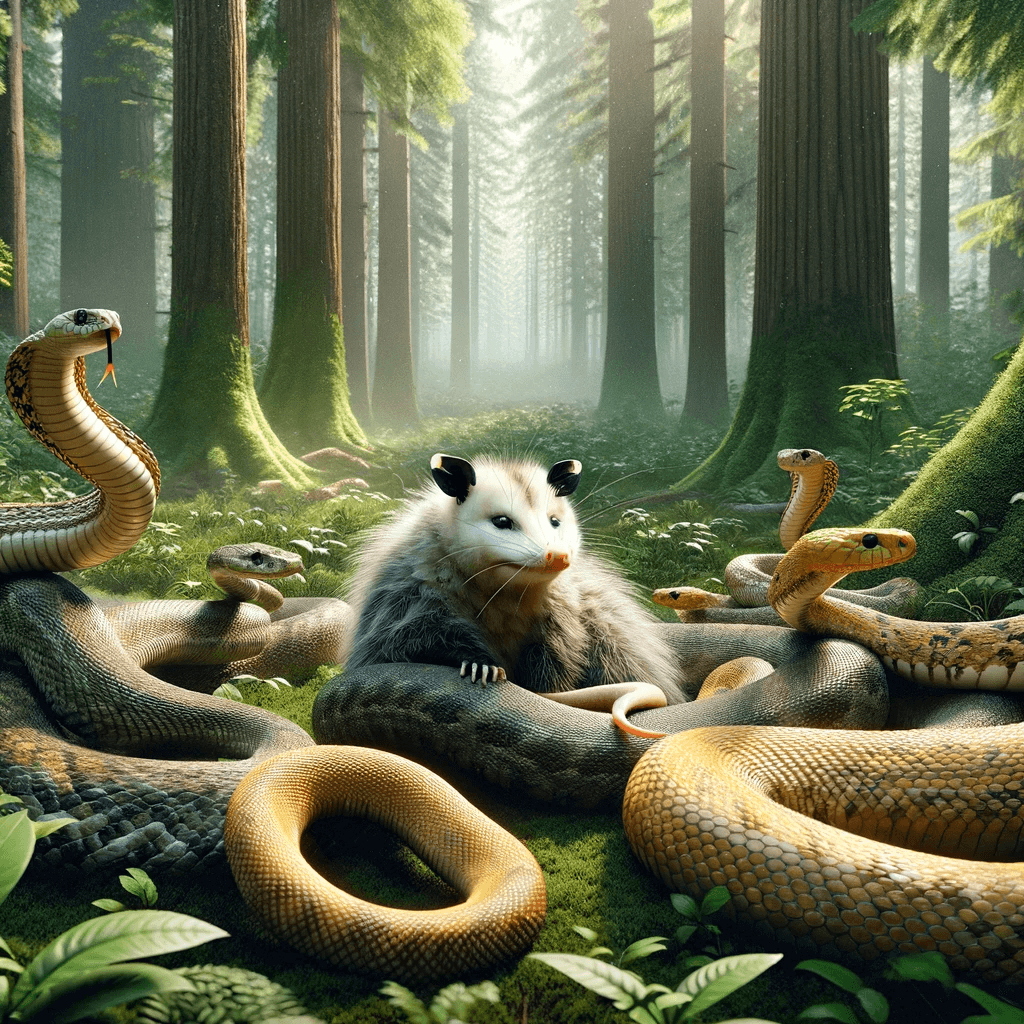
Tick Control Experts: They play a vital role in controlling tick populations, consuming over 90% of the ticks that attach to them.
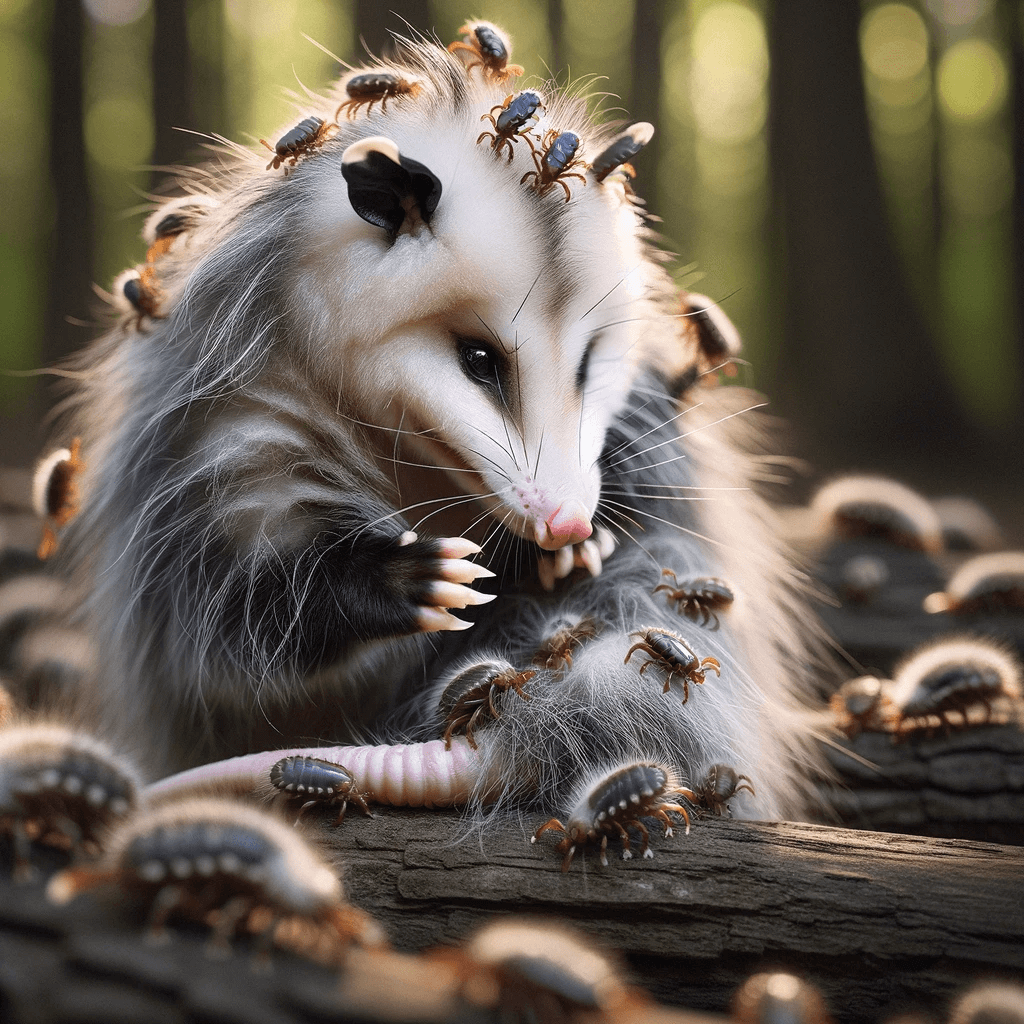
Prehensile Tails: Opossums have prehensile tails, which they use as an extra limb to grasp branches and stabilize themselves while climbing.
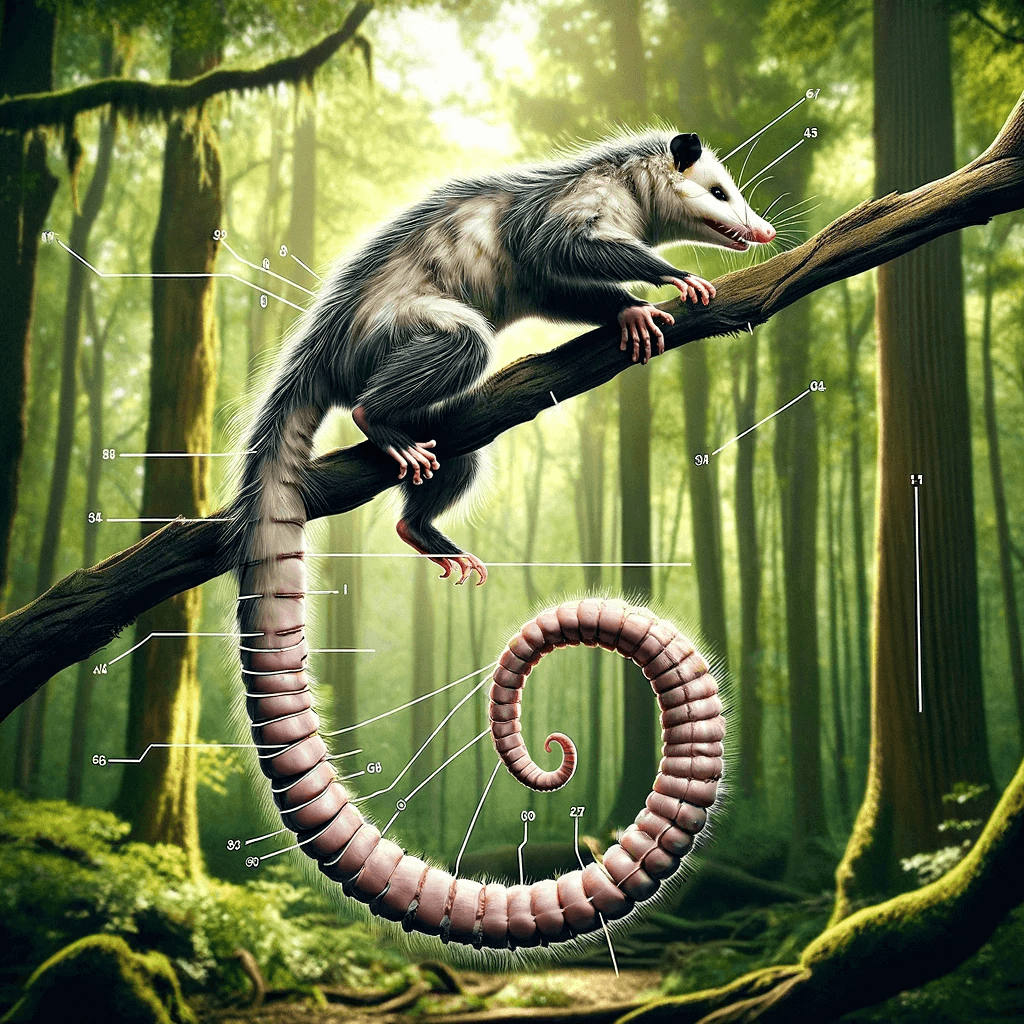
Marsupial Wonders: As North America’s only marsupial, female opossums have a pouch where their young, called joeys, develop and grow after birth.
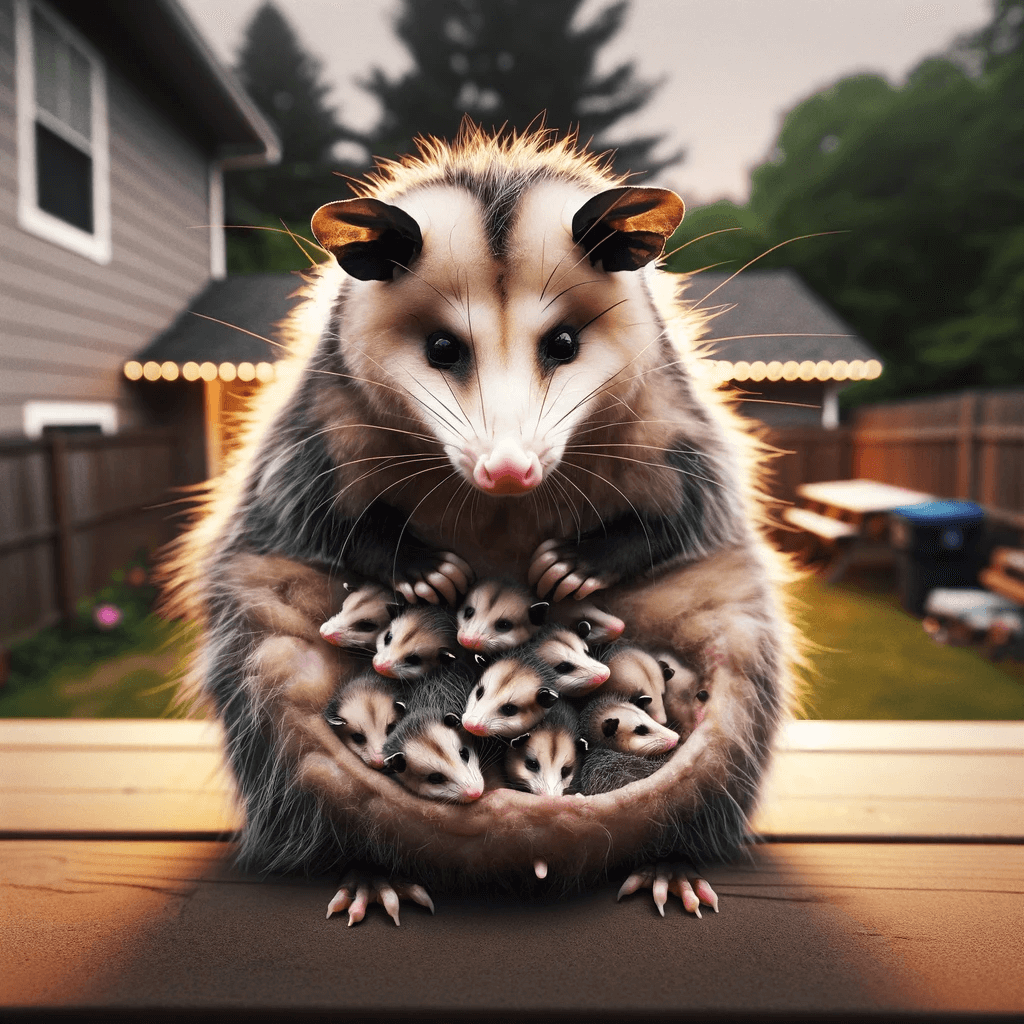
Dental Prowess: They have more teeth than any other North American mammal, totaling 50 in all.
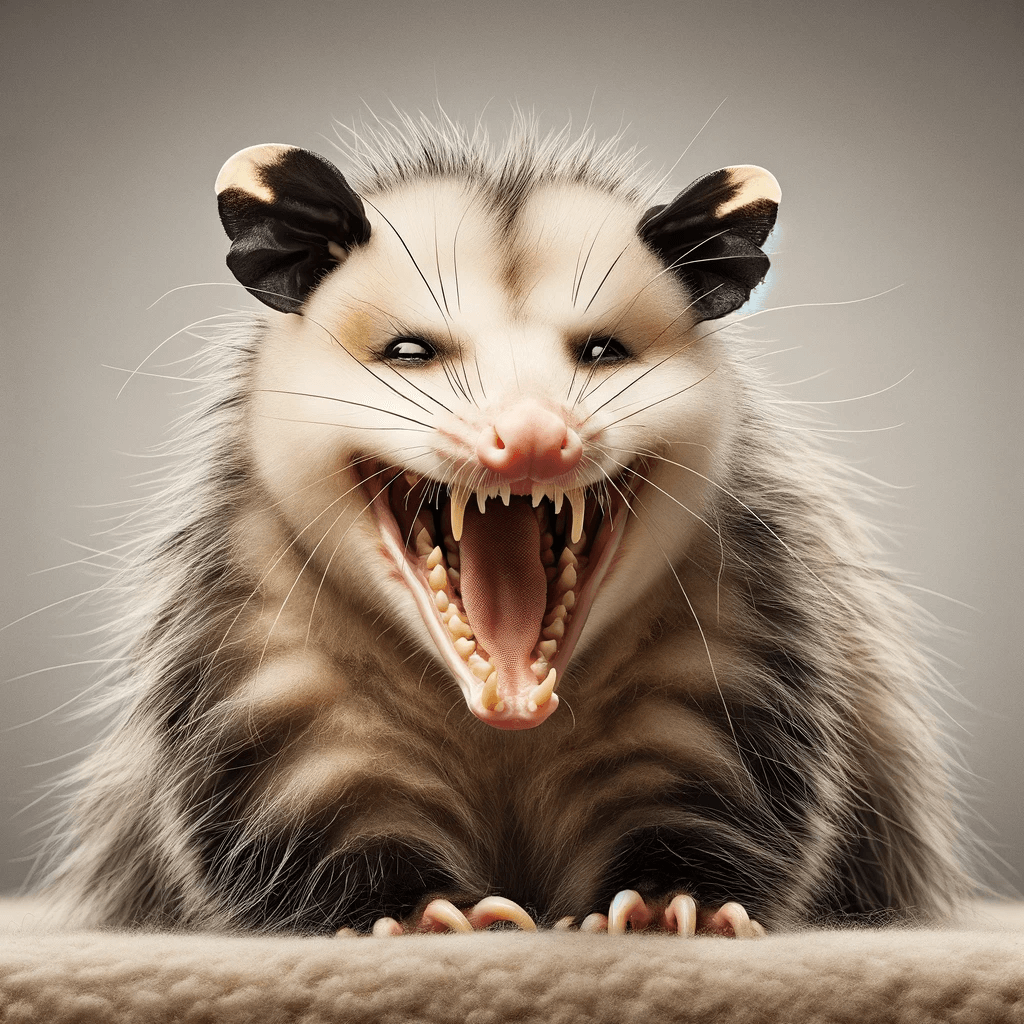
How People See Opossums
Subjective Views: Are Opossums Cute or Ugly?
The perception of opossums’ appearance is highly subjective and varies widely among individuals. Some people find their unique features, like their pointed faces and bright eyes, endearing and cute. The baby opossums, or joeys, with their tiny size and playful nature, often score high on the cuteness scale. On the other hand, some individuals might find opossums less appealing due to their naked tails, sharp teeth, and hissing behavior when threatened. This dichotomy in views highlights how beauty is truly in the eye of the beholder and how individual experiences and cultural backgrounds can influence perceptions of animal attractiveness.
The Role of Media and Culture in Shaping Perceptions
Media and culture play significant roles in shaping our views of animals, including opossums. In popular culture, opossums have been depicted in various ways, from comic relief in cartoons to misunderstood creatures in literature. Social media has also contributed to changing perceptions, with viral videos and photos showcasing the more charming and relatable aspects of opossums. These representations can influence public opinion, sometimes challenging long-held beliefs about certain animals being undesirable or unattractive. The growing trend of portraying opossums in a positive light reflects a broader movement towards appreciating the diversity and value of all wildlife.
Opossums as Pets: Statistics and Trends
Popularity of Opossums as Household Pets
While exact statistics on the number of households with opossums as pets are not readily available, the trend of keeping them as pets is relatively niche compared to traditional pets. The interest in opossums as pets varies across regions, with a higher prevalence noted in areas where they are native, such as various parts of the United States.
Adoption and Rescue Trends
The adoption and rescue of opossums are primarily driven by wildlife rescue organizations and rehabilitation centers. These centers often care for injured or orphaned opossums, some of which may become permanent residents if they cannot be returned to the wild. The trend in adopting rescued opossums as pets is increasing, reflecting a growing awareness and interest in wildlife conservation.
Veterinary Care Statistics
Data on veterinary care for pet opossums suggest common health issues such as respiratory infections, obesity, and dietary-related disorders. Regular veterinary visits are crucial for pet opossums, but the availability of vets specializing in opossum care can be limited, posing a challenge for owners.
Lifespan and Mortality Data
The average lifespan of a pet opossum is about 3 to 4 years, shorter than many traditional pets. Common causes of mortality in pet opossums include dietary imbalances leading to metabolic bone disease and injuries due to their curious nature.
Public Perception and Interest
Public interest in opossums as pets has seen a gradual increase, particularly with the rise of social media platforms where videos and images of pet opossums have garnered attention. This growing interest is also reflected in the increasing number of online communities and resources dedicated to opossum care.
Comparison with Traditional Pets
Compared to traditional pets like cats and dogs, opossums are less commonly kept as household pets. Their unique care requirements, nocturnal habits, and shorter lifespan contribute to their status as more of an exotic pet choice.
Beginner Guide to Raising Quail at Home
What are the Signs of a Dog Concussion?
What Causes Your Dog’s Ears to Smell Bad?
When your dog’s ears start to emit an unpleasant odor, it might leave you puzzled…
Methimazole Treatment for Cat Hyperthyroidism
Methimazole plays a crucial role in managing feline hyperthyroidism, a condition marked by an overactive…
Got Hummingbirds in your Backyard? Here’s How to Care for Them.
Why Does Your Cat Pee Outside the Litter Box?
Cat’s Litter Box Issues It’s not uncommon for cat owners to face the frustrating dilemma…


